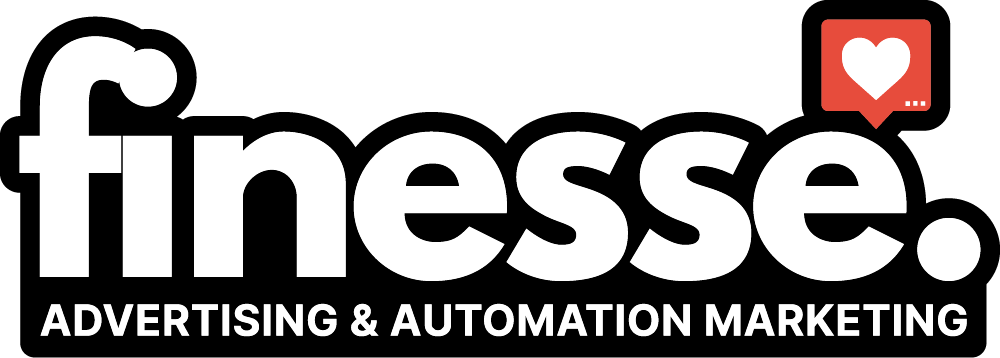For Business Owners & Agencies
Facing Disruptions With Their Advertising
There are several reasons why Facebook suspends accounts, and two main causes could have led to this suspension.
You have violated or appear to have broken a Facebook Ads Policy or something in their terms and conditions.
There is something suspicious in the behavior of your account, be it billing or otherwise.
The process seems quite simple, but the reasons are endless when broken down to the policy level. For most, finding the offense is like finding a needle in a haystack. To explain further, I have listed below the most common suspension types in no particular order concerning Facebook Ads.
The list of items below could be the reason Facebook suspended your account.
Although these aren't all the reasons, the ones listed are the most common. The reasons Facebook gives can often be too vague and can cover the account or site violations. Attempting to reinstate alone can often take time and effort.
Facebook is more apt to believe its system than the one that was suspended by it. We aim to determine why the system suspended you and help make it right.
When appealing, remember that there must be a valid reason for the violation and why it happened in the first place to ensure you won't appear as a repeat offender.
With a vast knowledge of how Facebook runs, their policy, how they think, and how the ads system scans, you will quickly get reinstated. Take the time to read Facebook's policies and run a clean account. Choose the safe option if you need help with what goes with and against the policies.
Appealing alone can often be frustrating because Facebook offers little help. Since people are looking to figure out Facebook's algorithm, they are strict about what information is directly given out.
Violating Facebook’s Ad Policies:
This includes promoting illegal products or services, misleading advertising, and infringing on intellectual property rights.
Suspicious Activity:
Activities such as logging in from different IP addresses, changing payment methods frequently, or drastic budget increases can trigger Facebook’s security systems.
Unusual Payment Activity:
Issues like late payments, using a payment method that doesn’t match the account’s location, or having multiple failed payment attempts can lead to suspensions.
High Negative Feedback:
Receiving a high percentage of negative feedback from users on your ads can result in account suspension.
Repeated Policy Violations:
Continuously violating Facebook’s ad policies, even after warnings, can lead to permanent account disabling.
Unclear or Misleading Landing Pages:
Ads that lead to landing pages that are unclear, misleading, or violate Facebook’s guidelines can cause account suspensions.
Using Prohibited Content:
Ads containing sensational, shocking, or disrespectful content, or those that imply personal attributes, can be flagged and lead to account disabling.
Multiple Accounts:
Managing multiple Facebook accounts, especially if they are used to manage the same business page, can result in suspensions due to policy violations.
Automated System Flags:
Facebook’s automated systems may flag accounts for various reasons, including unusual patterns or activities that seem suspicious, even if they are legitimate.
Failure to Comply with Regional Guidelines:
Ads that do not comply with specific regional guidelines, such as those for regulated products like tobacco or gambling, can lead to account suspensions.
Facebook believes it's up to you to figure out why you got suspended and expects you to fix it alone. Going through your site alone to locate the issue can be very time-consuming, as well as Facebook's support pages which can often be hard to understand for those who aren't advertising experts. No matter the suspension, be cautious not to do anything to compound the problem. Everything done from the point of rest onward can permanently mark your account and do more harm than good for your reinstating.
We are experts with Facebook's policies and an excellent reinstating source. Our fees are fair, response time is fast, easy to work with, and we offer support if a suspension occurs again. The bottom line is that we have the speed, ability, and experience that make us a great choice. We know how to fix Facebook ads suspensions for you!
2 Column
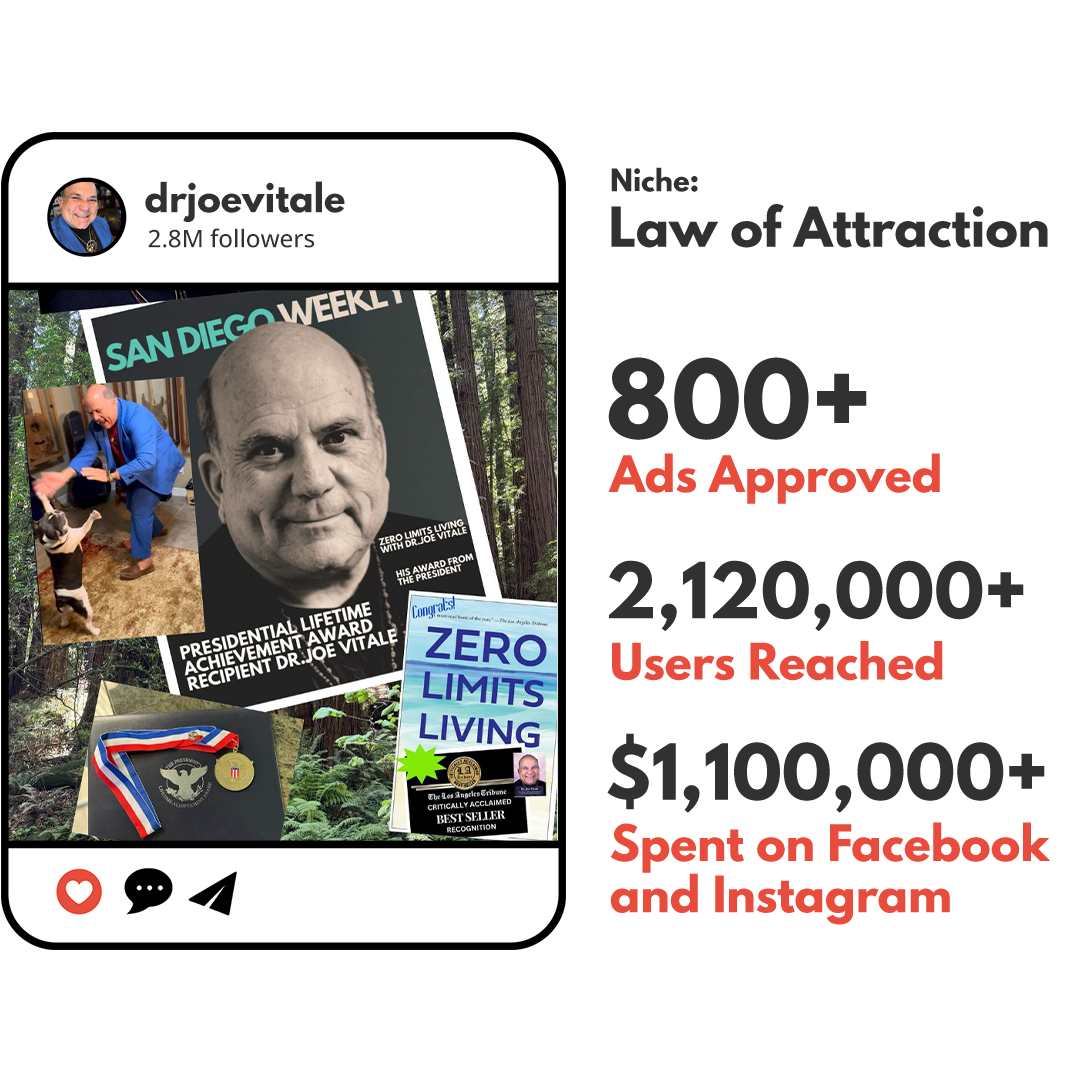
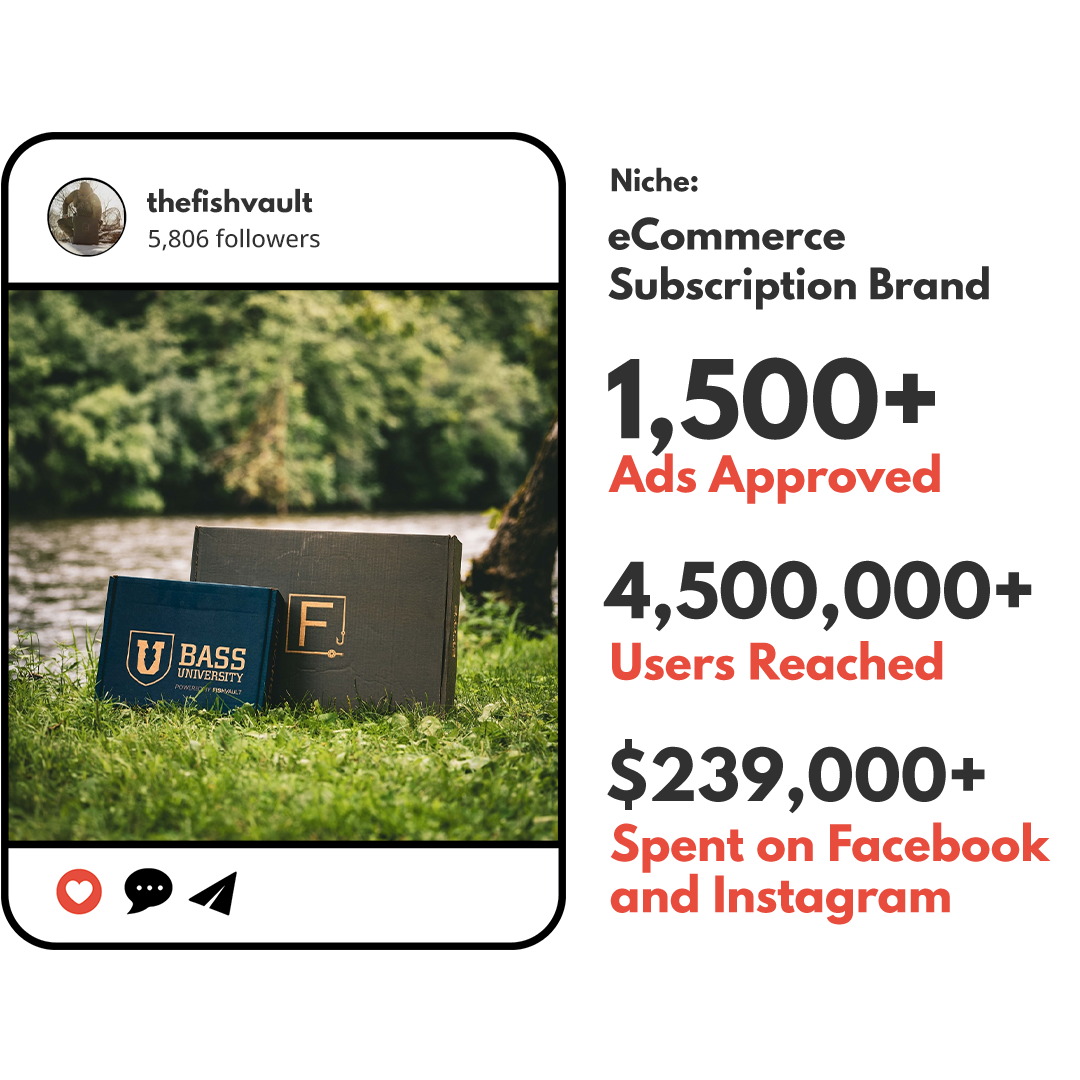
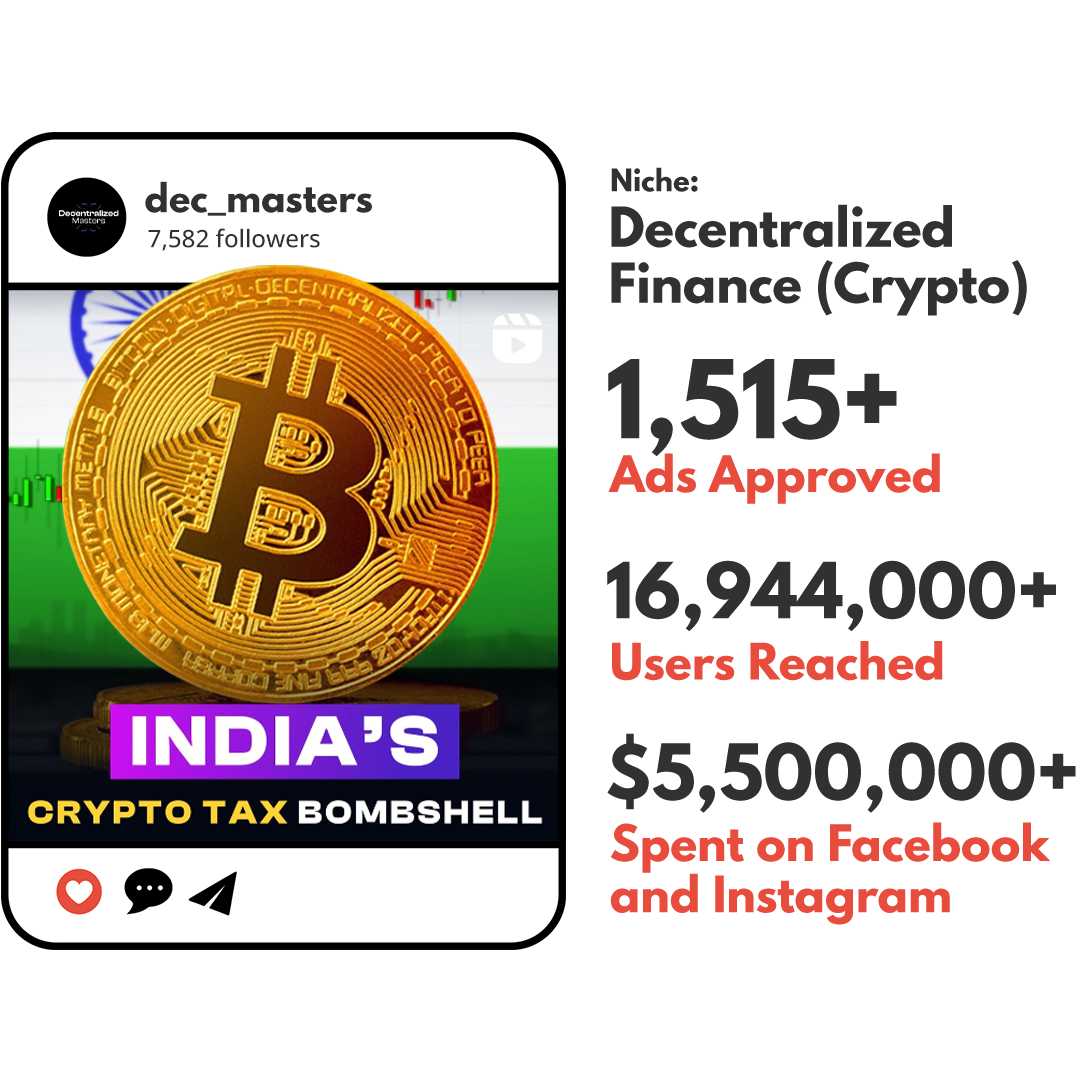
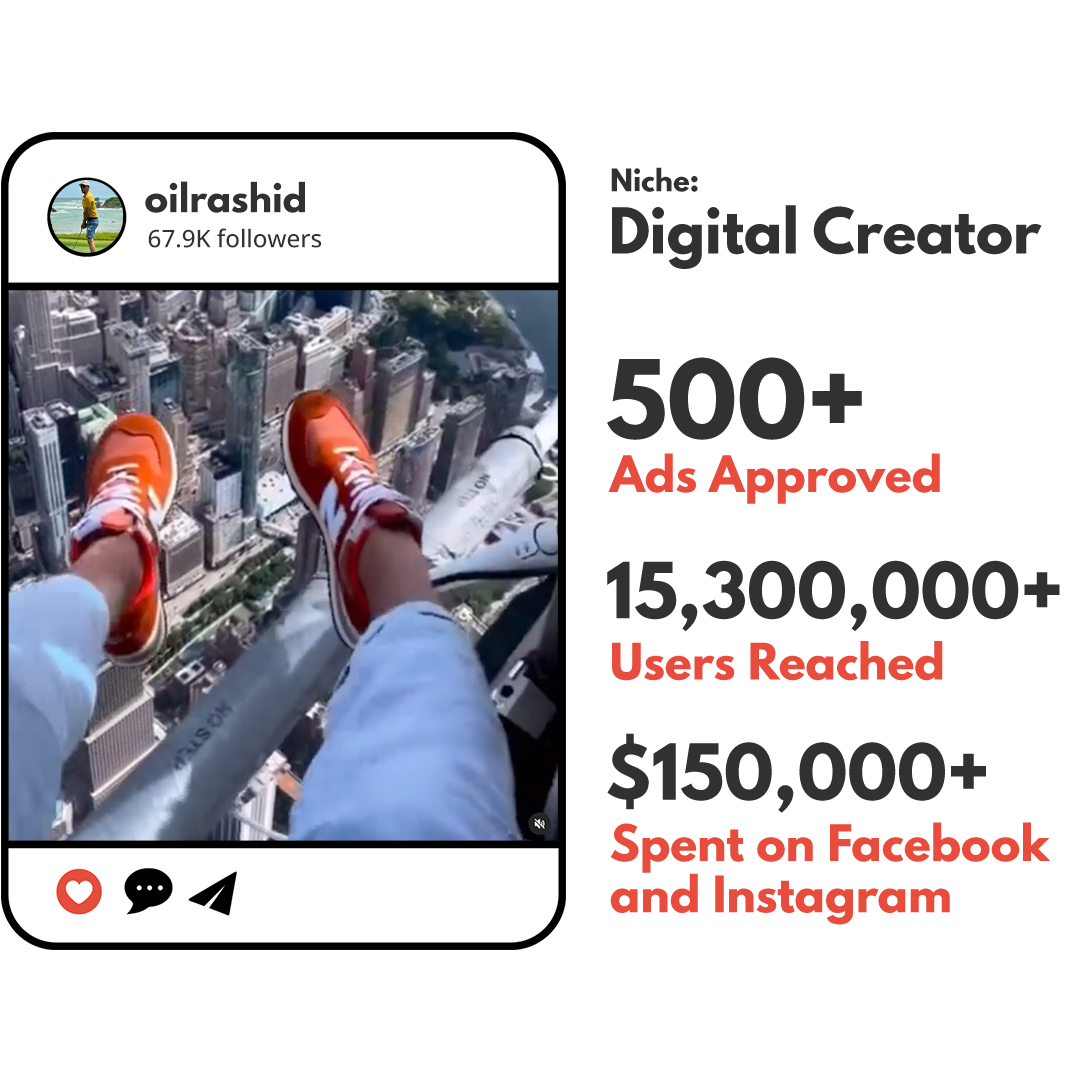
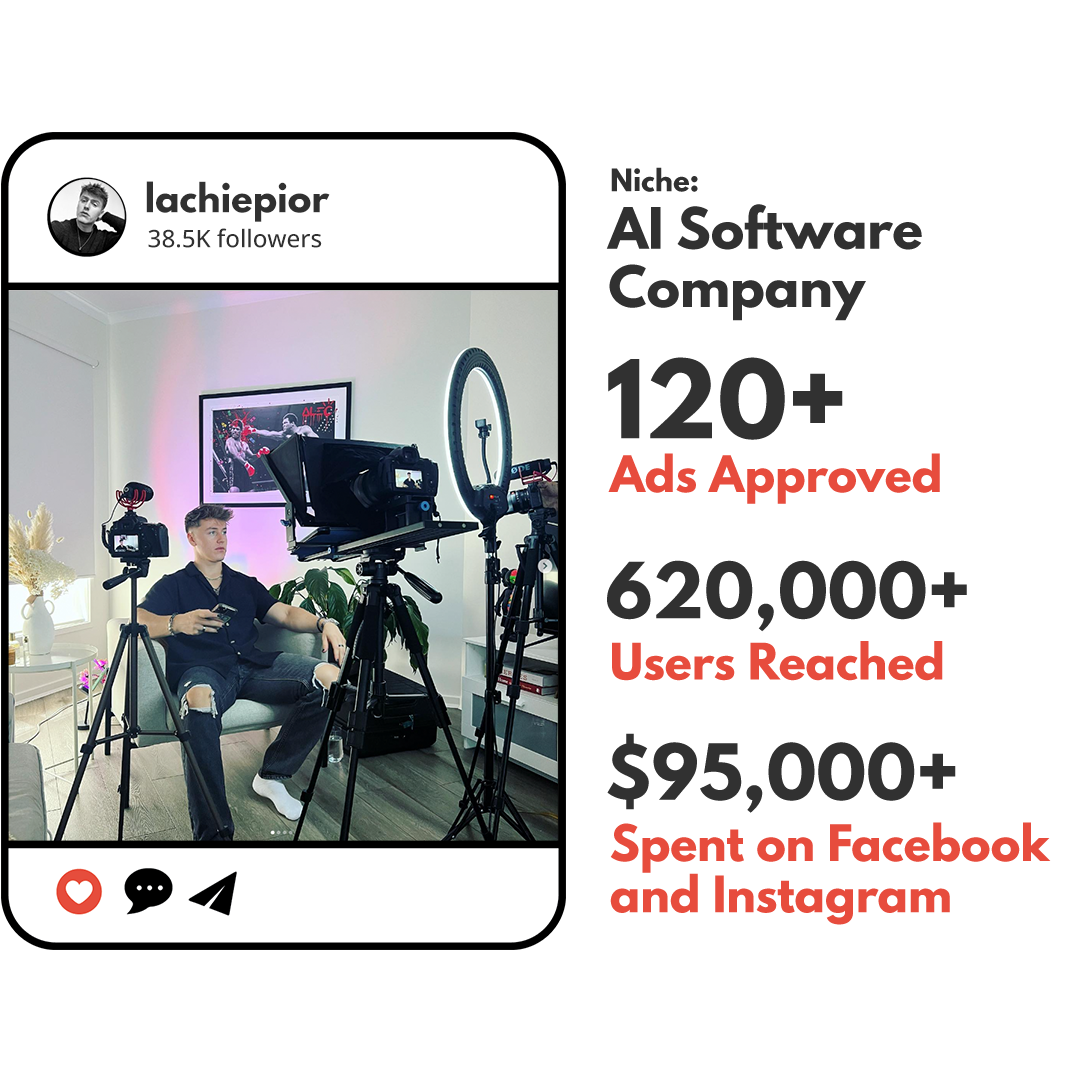

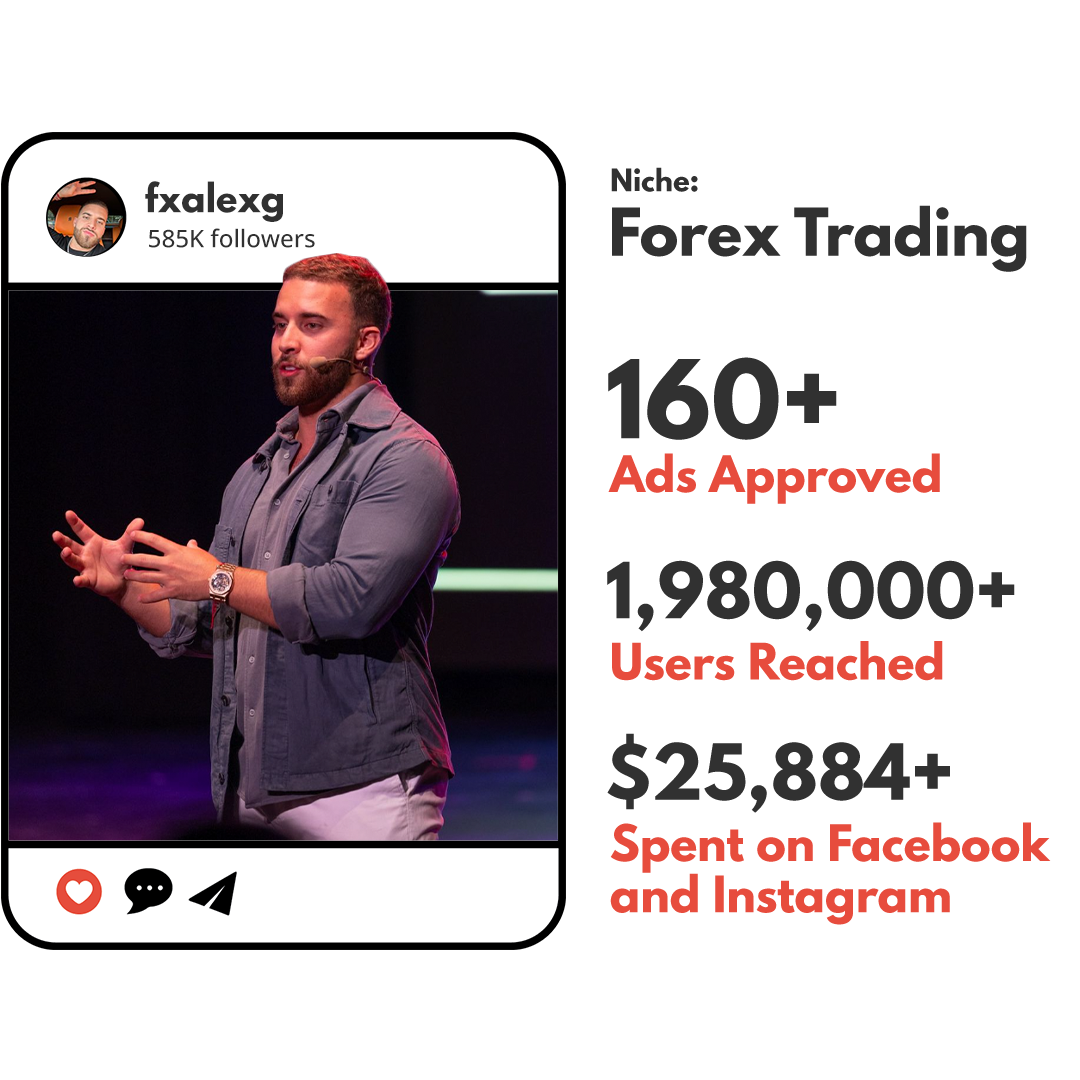
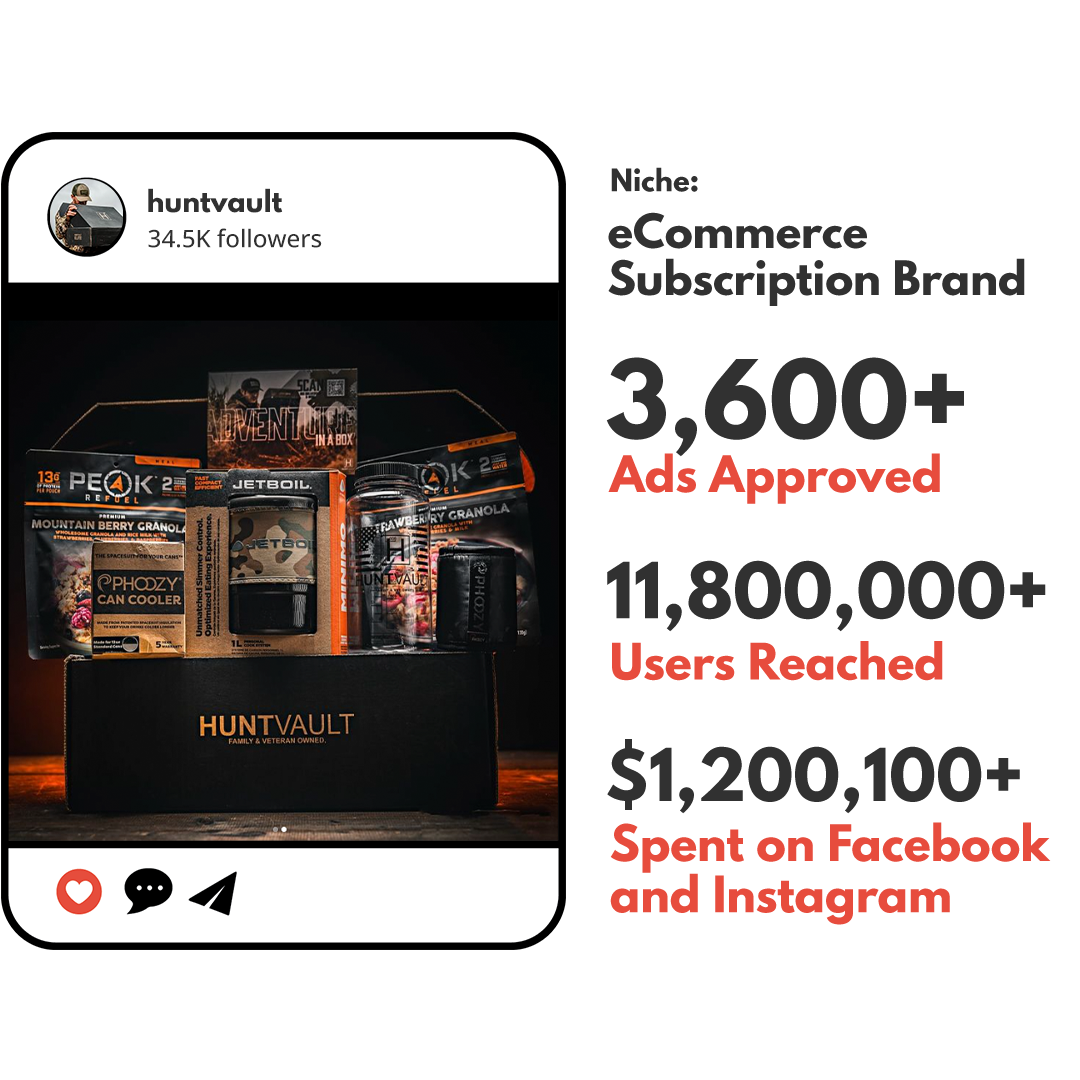
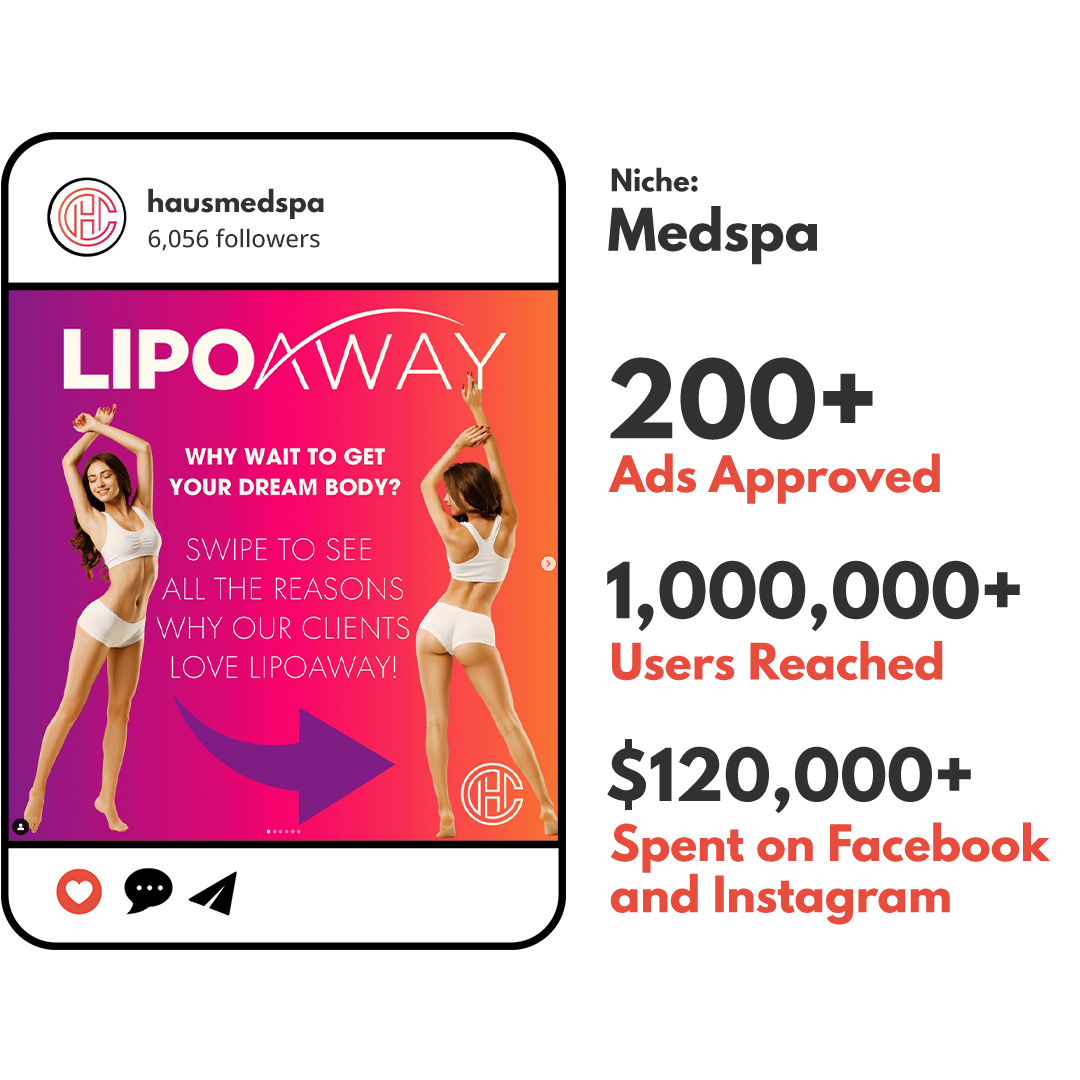
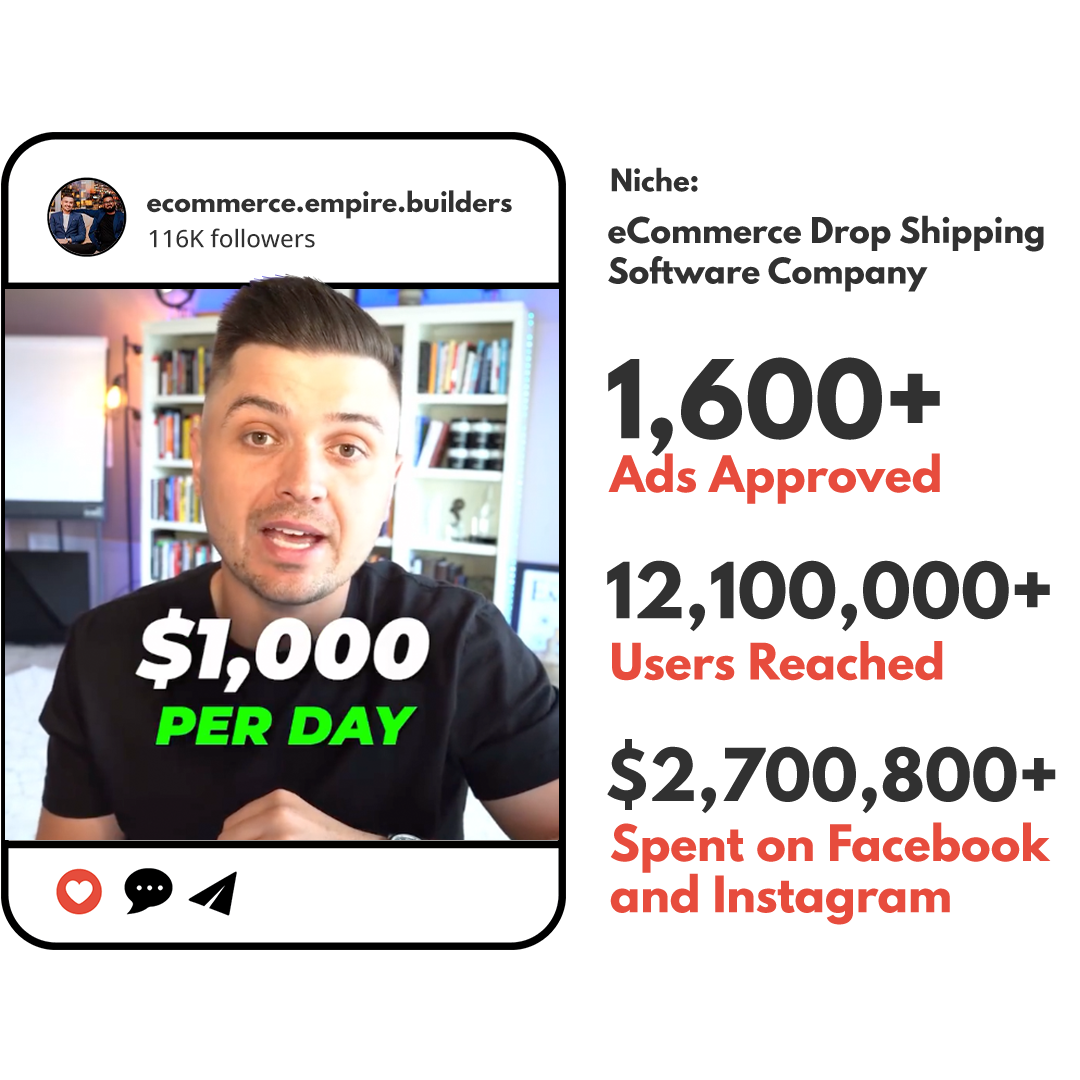
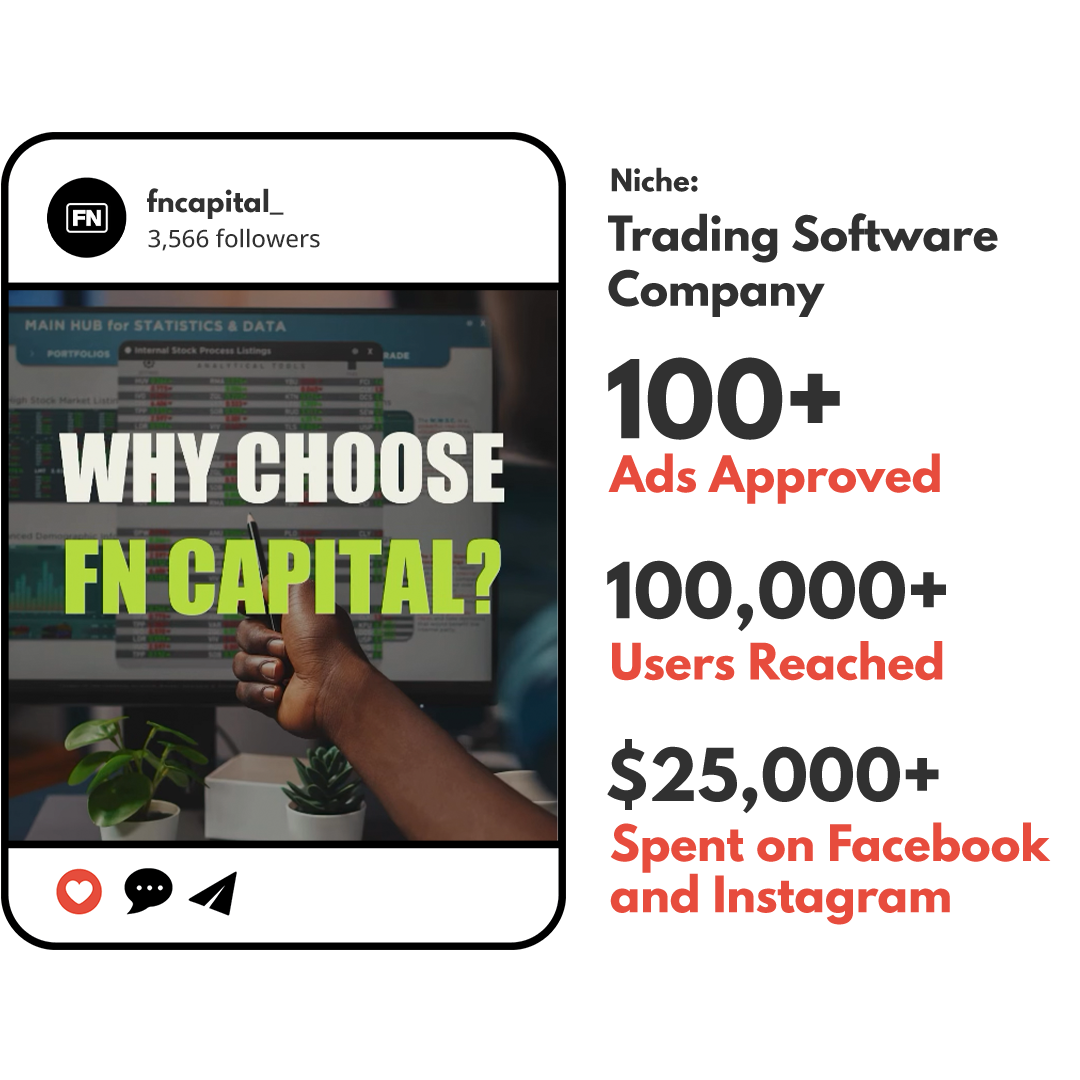
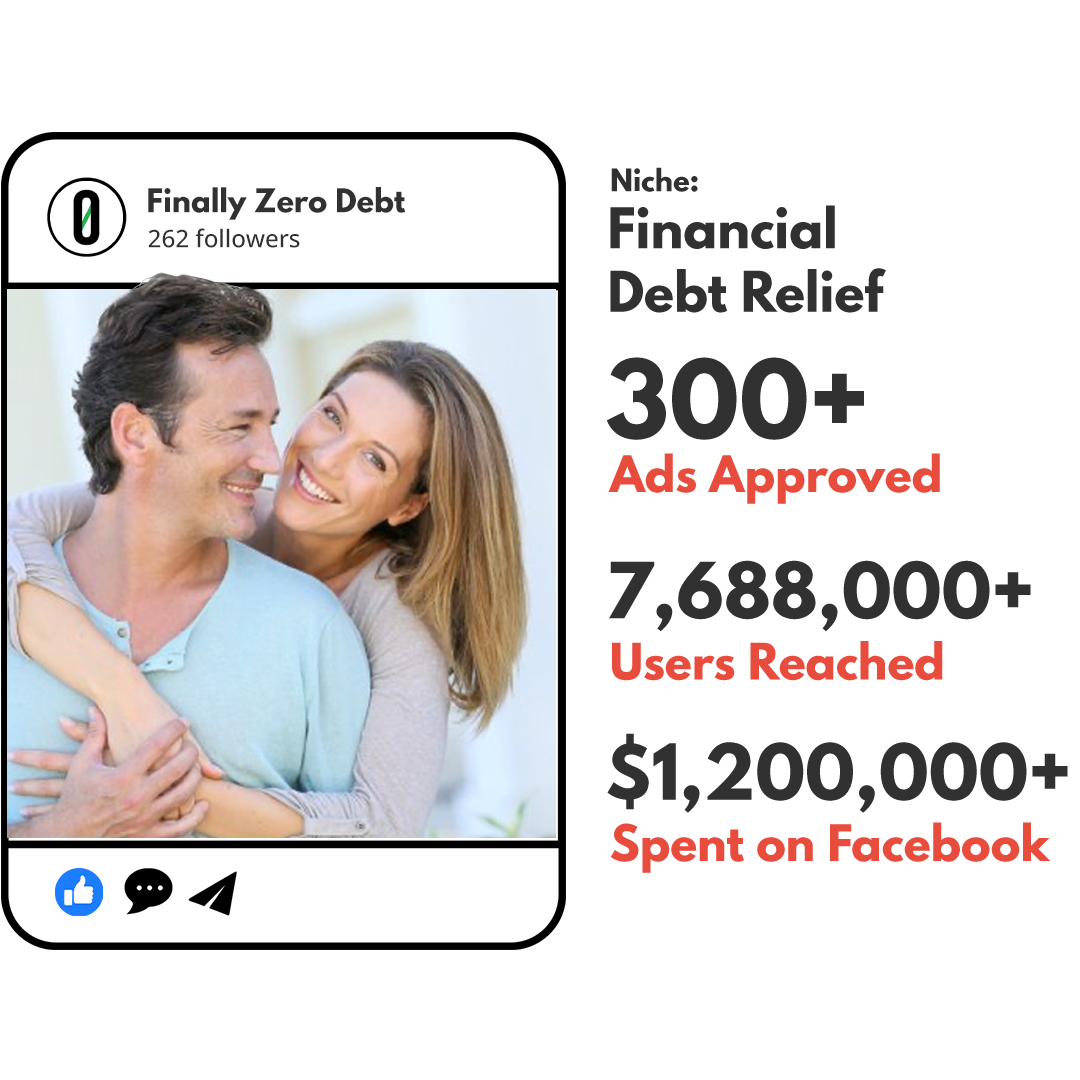
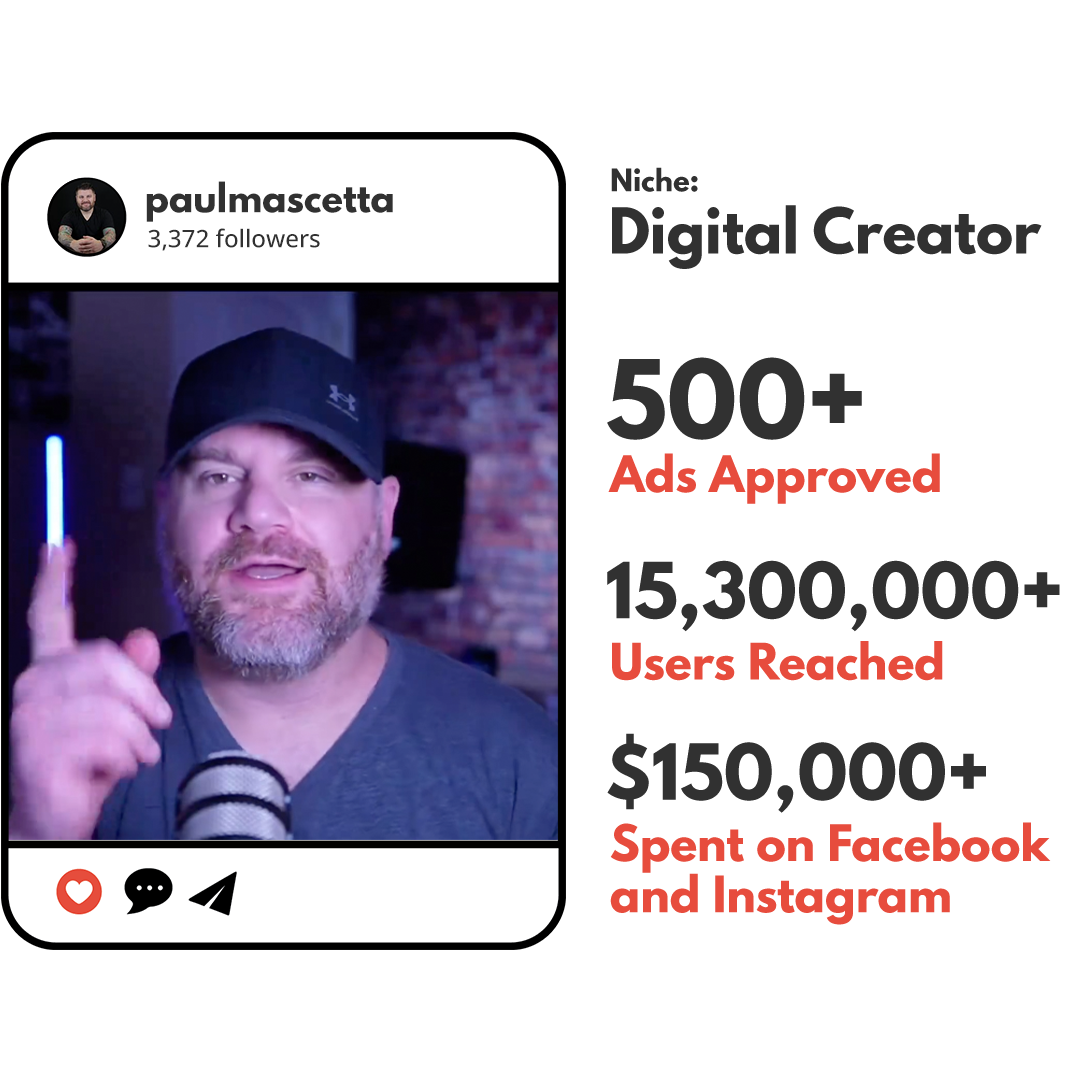
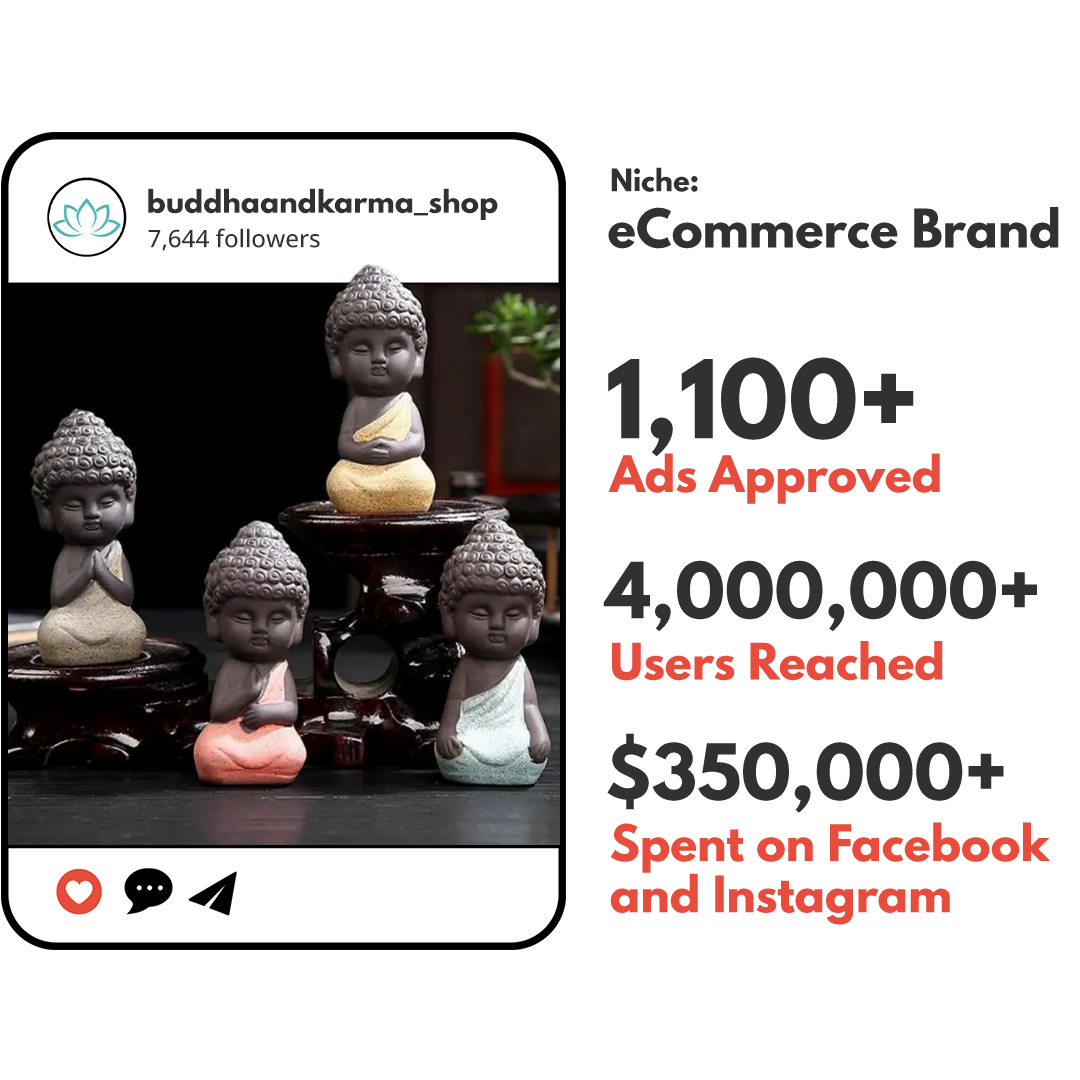
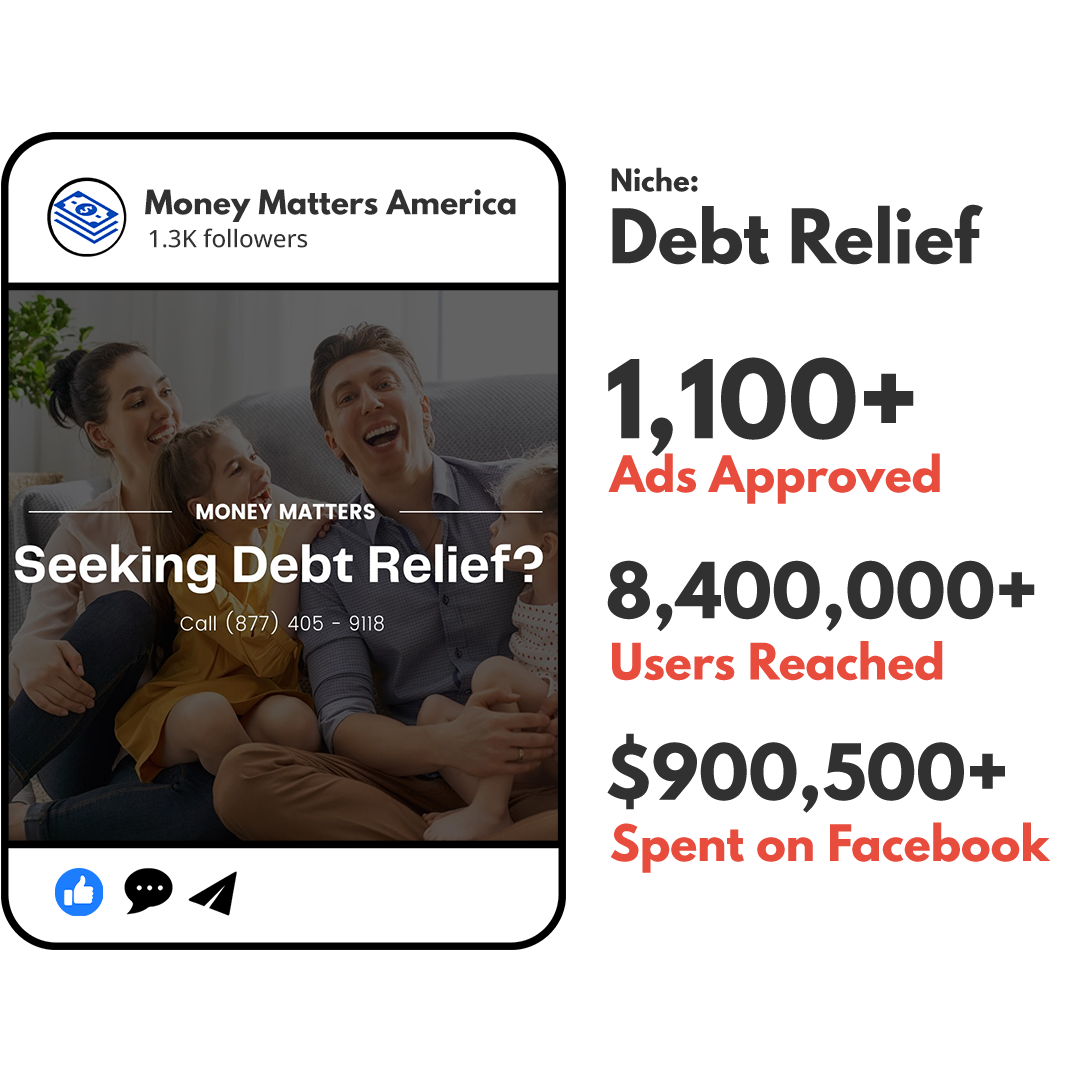
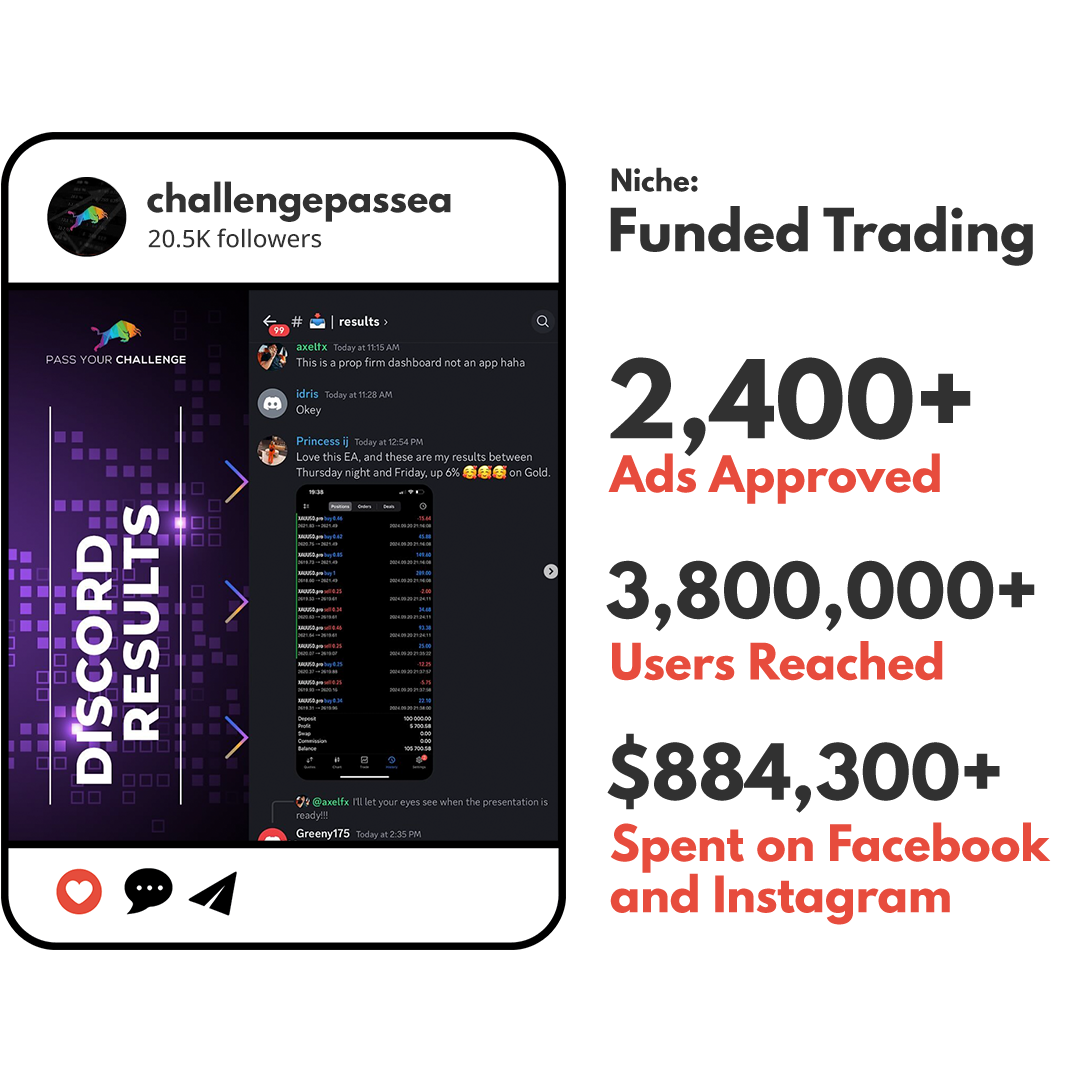
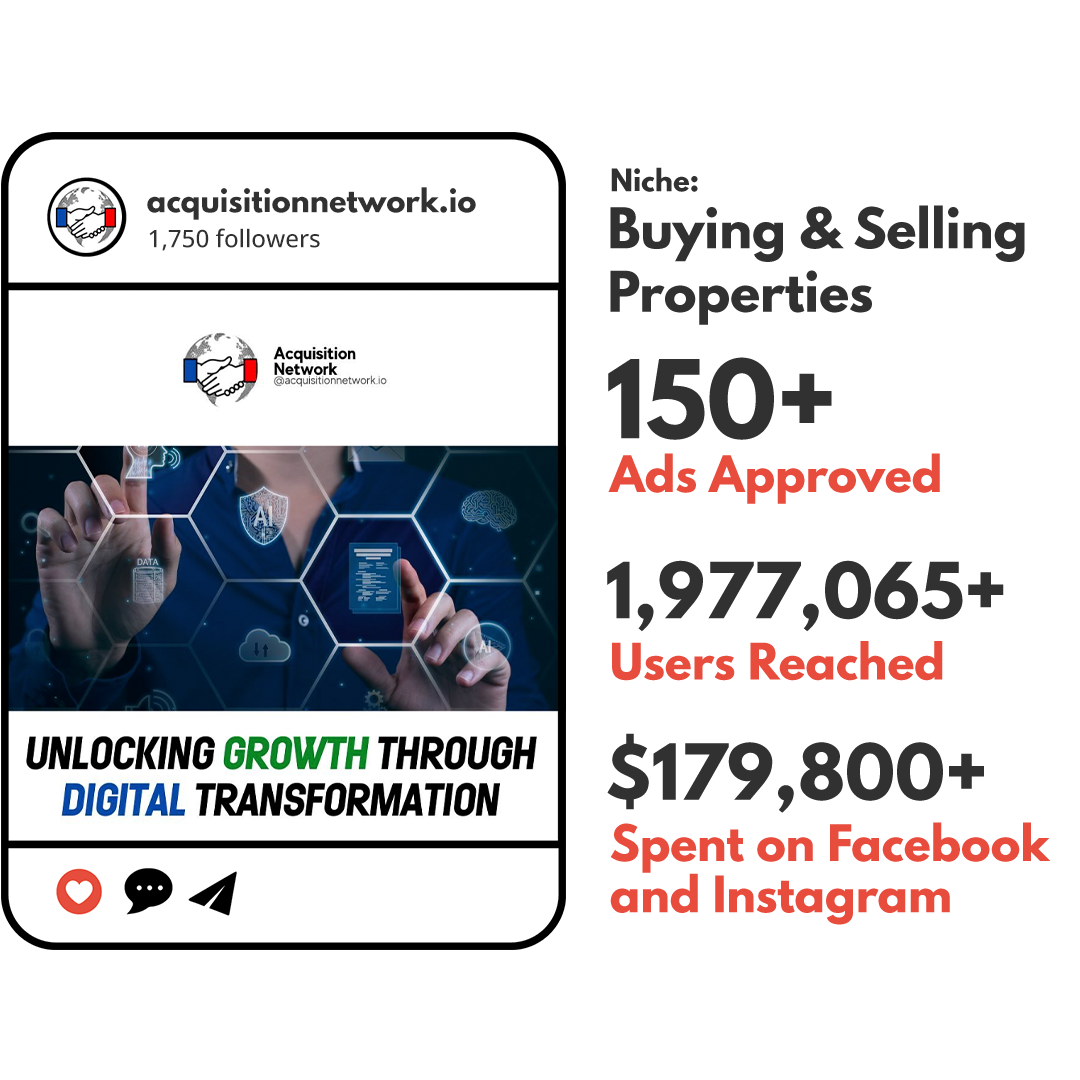

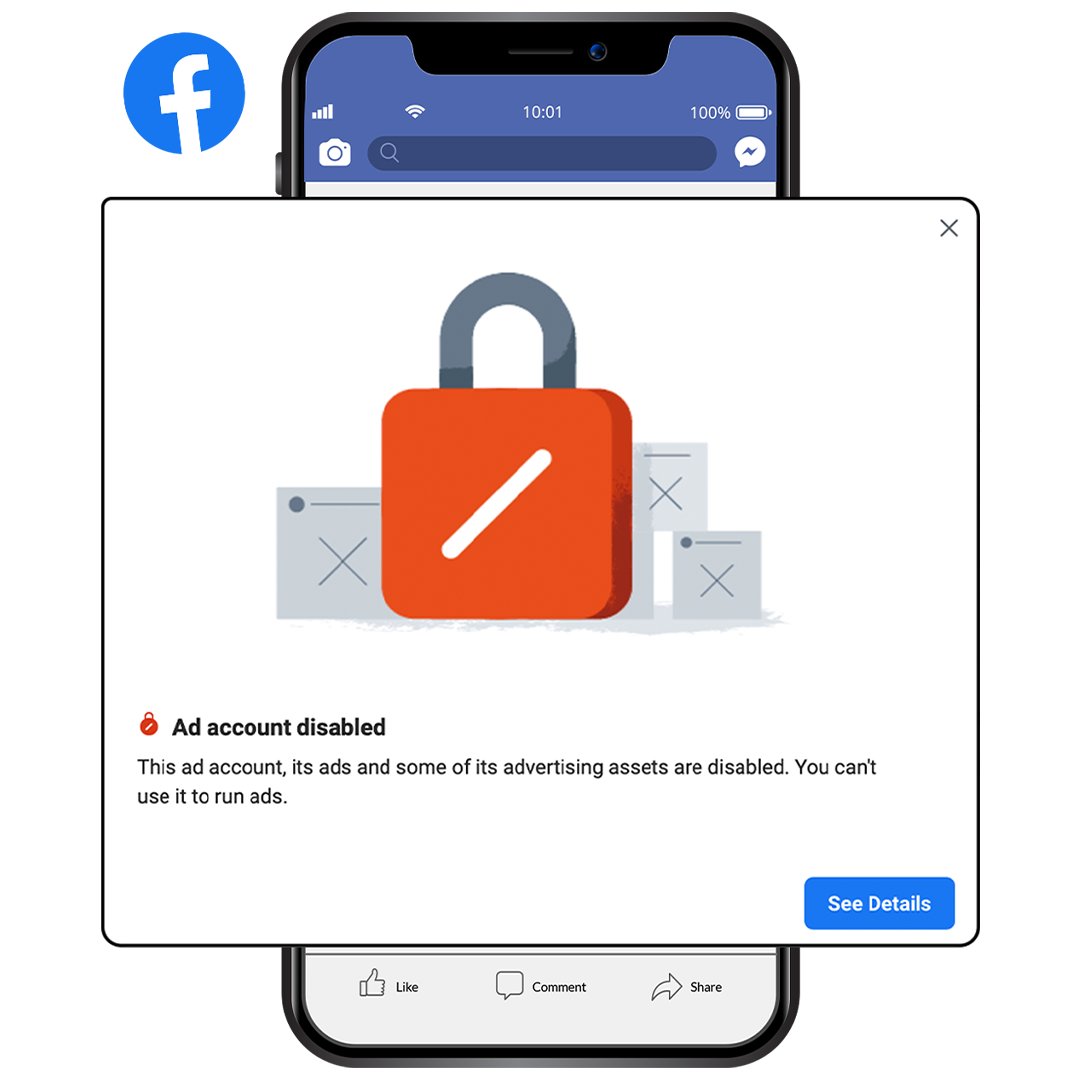
Facebook Agency Ad Accounts
Say goodbye to daily spend limits, account disables, restrictions, and ad rejections.
Unlimited Ad Spend: Scale your campaigns without worrying about daily limits.
Seamless Compliance: Stay compliant with Facebook's policies and avoid disruptions with our support.
Expert Support: Get guidance and support from our team for operational, API & Technical Support
Data-Driven Performance: Harness the power of data for optimal ad performance.

How to Protect Your Facebook Account from Scams and Cyber Threats in 2025

How to Protect Your Facebook Account from Scams and Cyber Threats
Facebook remains one of the most popular social media platforms, but it’s also a prime target for scammers and cybercriminals. Every day, users face threats like phishing scams, hacking attempts, and fake messages designed to steal personal information.
In this guide, we’ll cover effective ways to protect your Facebook account from scams and cyber threats. Whether you’re a casual user or a business owner, these security tips will help you stay safe online.
1. Enable Two-Factor Authentication (2FA)
One of the best ways to secure your Facebook account is by activating two-factor authentication (2FA). This adds an extra layer of security by requiring a second verification step (such as a code sent to your phone) when logging in.
How to enable 2FA on Facebook:
Go to Settings & Privacy > Settings
Click Security and Login
Select Two-Factor Authentication
Choose your preferred method (SMS code or authentication app)
Keywords: Two-factor authentication Facebook, Secure Facebook login
2. Watch Out for Phishing Scams
Phishing scams are fake messages that trick users into providing their login credentials. They often come in the form of emails, messages, or fake Facebook login pages.
How to spot phishing attempts:
The message asks for your password or security codes
The email address looks suspicious or unofficial
The message includes urgent threats like "Your account will be deleted"
There are spelling or grammar mistakes
Always double-check URLs before clicking and never share your password via email or message.
Keywords: Avoid Facebook phishing, Facebook scams prevention
3. Adjust Facebook Privacy Settings
Reviewing your Facebook privacy settings can help prevent unauthorized access to your information.
Recommended privacy settings:
Limit who can see your posts (Friends only)
Turn on login alerts to receive notifications about suspicious activity
Restrict friend requests to "Friends of Friends"
Review third-party apps connected to your account
To access these settings, go to Settings & Privacy > Privacy Checkup.
Keywords: Facebook privacy settings 2025, Safe Facebook browsing
4. Recognize Fake Facebook Profiles & Pages
Cybercriminals create fake accounts to impersonate friends, celebrities, or businesses. They often send friend requests, fake giveaways, or investment scams.
How to spot fake profiles:
They have few or no posts
The profile was created recently
They send random friend requests
The profile asks for money or personal information
Always verify profiles before accepting requests and report suspicious accounts to Facebook.
Keywords: Avoid Facebook identity theft, Facebook security tips
5. Use Strong Passwords & Change Them Regularly
A weak password makes it easy for hackers to gain access to your account. Use a strong, unique password that includes:
✅ At least 12 characters
✅ A mix of letters, numbers, and symbols
✅ No personal information (like your name or birthday)
Also, avoid using the same password for multiple sites and update it every few months.
Keywords: Protect Facebook account, Facebook hacker protection
6. Be Cautious of Suspicious Links & Messages
Scammers often send malicious links that can install malware or steal your login credentials. If you receive a strange message or link, don’t click on it, even if it comes from a friend.
What to do if you receive a suspicious message:
Ignore and delete it
Report the sender to Facebook
Warn your friend if their account was hacked
If you accidentally click on a suspicious link, change your Facebook password immediately and run a security check.
Keywords: How to detect Facebook scams, Cybersecurity for Facebook users
7. Monitor Login Activity & Recognize Unusual Behavior
Facebook allows you to check where your account is logged in from. This helps identify unauthorized access.
How to check active logins:
Go to Settings & Privacy > Security and Login
Scroll to Where You're Logged In
Review locations & devices
If you see an unrecognized device, log it out immediately and change your password.
Keywords: Facebook account security, Facebook account recovery
8. Report Scams & Suspicious Activity
If you come across a scam or cyber threat, report it to Facebook immediately.
How to report a scam on Facebook:
For profiles/pages: Click … > Find Support or Report Profile
For messages: Long press > Click Report
For posts: Click … > Find Support or Report Post
Reporting scams helps protect others from falling victim to cyber threats.
Keywords: Stop Facebook scams, Facebook scams prevention
Conclusion
Cyber threats and scams are constantly evolving, but by following these security practices, you can keep your Facebook account safe. From enabling two-factor authentication to spotting phishing attempts and using strong passwords, these proactive measures will help prevent hacking and fraud.
How Ads with Finesse Can Help You
At Ads with Finesse, we specialize in crafting ad campaigns that highlight the best customer experiences, ensuring your audience connects with your brand on an emotional level. Our team carefully selects authentic, high-impact reviews and seamlessly integrates them into your ad strategy.
Learn more about our services today and turn you Facebook Account into your most powerful marketing tool with Ads with Finesse.
Let’s create ads that resonate, convert, and build trust.
Check out our blog and services at adswithfinesse.com.

© 2024 Ads with Finesse | Terms & Conditions | Privacy Policy
Ads With Finesse continually stays up to date with Meta & Google marketing changes related to policies, tools, products and more.
